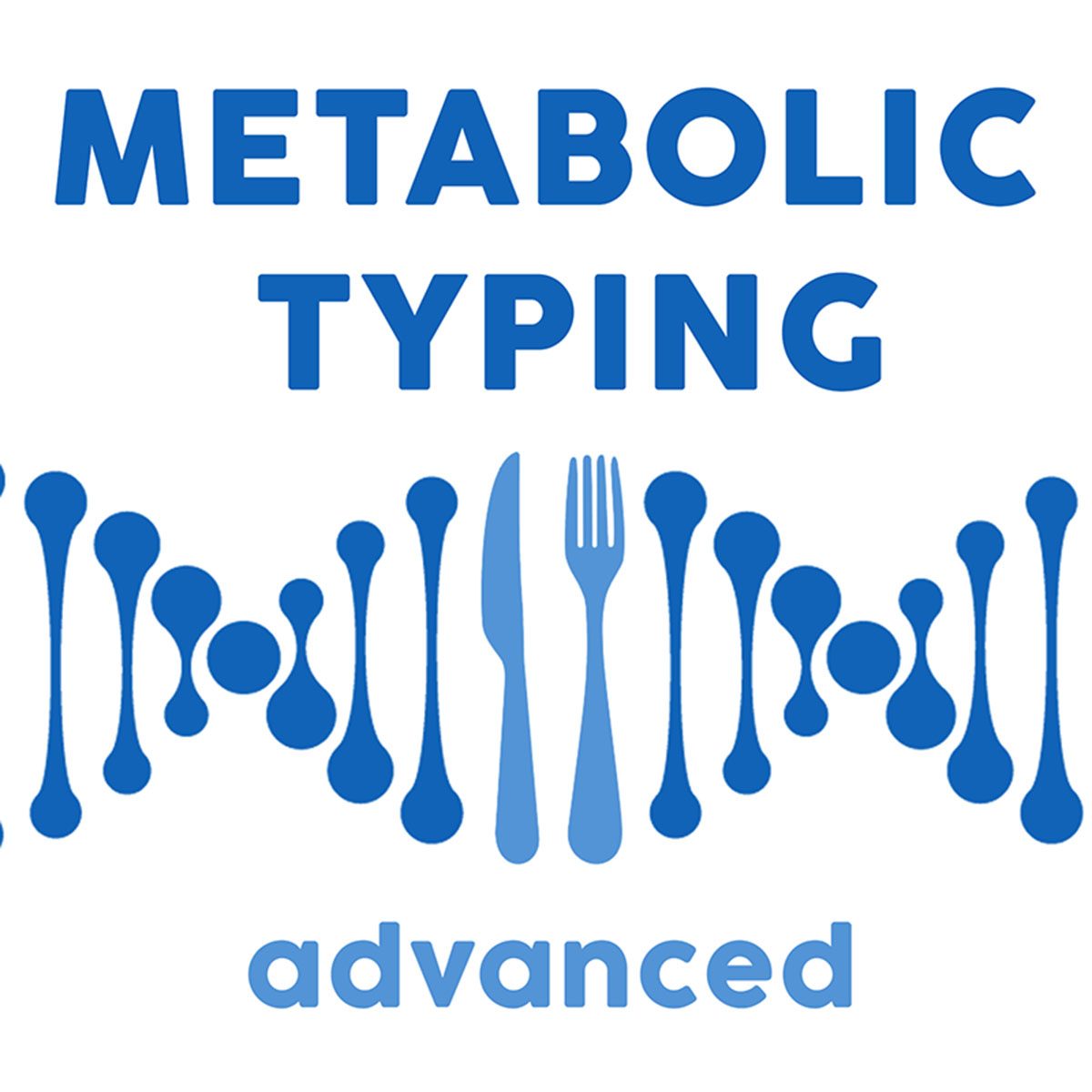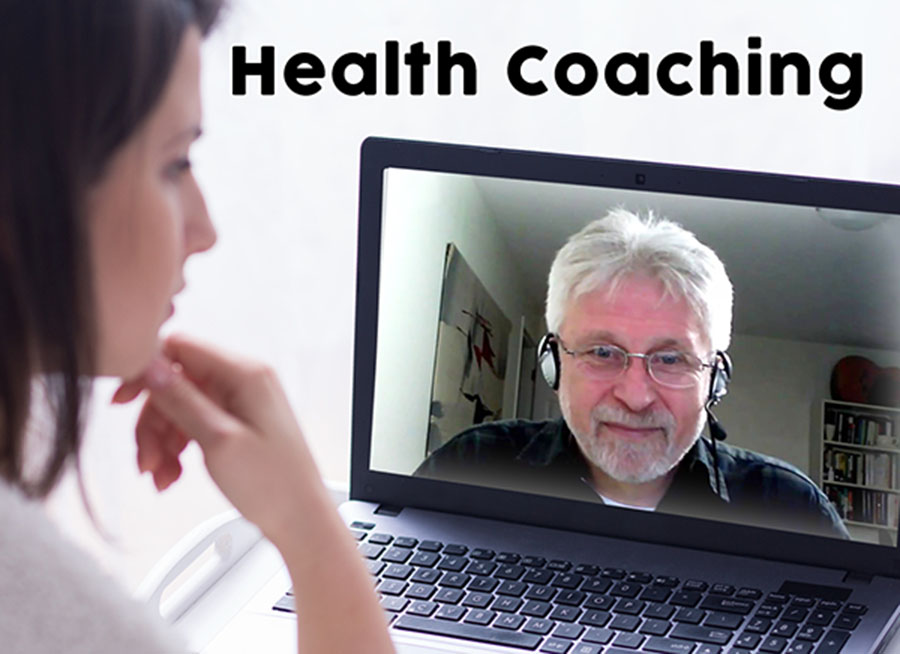No products in the cart.
Evidence Based Medicine
Are Doctors Just Playing Hunches?
Nobody pretends that medicine is easy. If there is one thing we should be able to rely on is that doctors are using evidence, not hunches. We take certain medicines because we are told they work. We go in for an operation because it makes us well, right? Maybe, maybe not.
When it comes to drugs, there is often very little hard evidence that they make a long-term difference in the quality of our lives. We have in fact over the years seen the opposite. We are told drugs are tested to show they are safe and effective before they are approved by the FDA.. The downside to clinical studies is that they are not real-world studies. Just because a drug leads to a significant improvement statistically, doesn’t guarantee the desired effect of a longer, healthier life for us.
Doctors are often left to write prescriptions based on faith, bias, financial incentive or even an educated guess. That ought to be enough to freak out most of us. The fact is, as we recognize just what a roll of the dice medicine is may a good thing. Many doctors are increasingly seeking to provide us, their patients, with the best possible care and are exploring evidence based medicine. It takes guts to explore and take a hard, cold and empirical look at what works and what doesn’t and how to discern between the two.
It is not enough that we prove that a particular blood test or CT scan spots cancer, for example. We must also know whether early detection of that cancer would make a difference in our ability to respond to treatment or if it merely means that we could die at the same point but learn about our illness earlier than we would have without the test. The stress alone from a diagnoses often brings about a severe amount of emotional distress.
Evidence-based medicine involves using volumes of studies and “show me” skepticism to answer such questions. It is being taught, with varying degrees of success at every medical school in North America. It is often successful in shooting down some of the most cherished beliefs in health care. For example, the idea that long-term hormone replacement therapy helps prevent heart disease in women. Not only has this been found to be untrue, but some of the hormone replacement drugs have shown to cause cancer after many years.
Another example is that many doctors give anti-arrhythmia drugs to everyone who experiences an irregular heartbeat after a heart attack. Experiencing such could rapidly prove fatal. Then a randomized trial showed that patients with only a mild case of an irregular heartbeat were more likely to die if given the medication than those who were not. Many doctors now prescribe more judiciously, although the treatment can still save lives in the case of severe arrhythmias.
Evidence-Based Medicine
Advocates believe that evidence-based medicine can go much further. We could reduce the reliance on expert opinion and overturn the flawed assumptions and even financial incentives that underlie many decisions.
“This is a whole new way of looking at the world,” says Dr. Gordon Guyatt of McMaster University in Hamilton Ontario. He coined the term evidence-based and is a pioneer of the movement. Medicine, after all should be a personalized service which is built around the uniqueness of each patient and the ability of the physician to design care accordingly.
Dr. Mark Tonelli, a pulmonary-care specialist at the University of Washington in Seattle says “I’m worried about training a generation of physicians who don’t have the other skills they need for the optimal practice of medicine”. “They can read scientific literature, understand the statistics, but they don’t understand how that should influence their treatment of the individual in front of them”.
Some insurance companies are very aggressive in using evidence-based arguments to deny payment for untested treatments, which is a circular problem. How do you create the evidence the insurers demand unless you test the untested? Whatever the merits of evidence-based medicine, it got off to a rocky start. When Guyatt began championing back in the 1990’s, he called it “scientific medicine”, but he learned quickly that if you want to start a revolution, it helps to pick the right slogan.
Many of his colleagues were outraged by the implied insult to their expertise. He quickly changed it to “evidence-based,” and tempers cooled. Guyatt’s ideas complemented the work of the Cochrane Collaboration; an international network of researchers, physicians and others that was founded in 1993 to systematically gather and evaluate the knowledge found in medical research.
The organizations sifts through all published scientific studies on a particular topic to get a sense of the field. The reviewers carefully consider the design of the research to determine how strong the evidence is.
Guyatt and another man Dr. David Sackett wanted to go a step further by making sure doctors used the evidence that was collected and ranked. Many physicians are doing just that, but there have been a few nasty surprises. Consider the case of Dr. Daniel Merenstein, a doctor of Family Medicine, trained in evidence-based practice. In 1999 Merenstein examined a healthy 53-year-old man who showed no signs of prostate cancer.
As he had been taught, Merenstein explained to his patient that there are advantages and disadvantages to having a blood test for prostate-specific antigen (PSA). The test leads to early detection of prostate cancer but also to unnecessary biopsies and even treatment. With all its attendant risks of impotence and incontinence, for a cancer that might have grown very slowly. For aggressive prostate cancers, there is little evidence that early detection makes a difference in whether treatment can save your life. As a result, the patient did not get a PSA test.
Unfortunately, several years later, the patient was found to have a very aggressive and incurable prostate cancer. He sued Merenstein for not ordering a PSA test, and a jury agreed despite the lack of evidence that it would have made a difference. Most doctors stated they would have ignored the debate and ordered the test. Although Merenstein was found not liable, the residency program that trained him was sued to a tune of $1 million.
Even champions of an evidence-based practice acknowledge that the approach has limits. “Some things can’t be tested in randomized trials, and some things are so obvious they don’t need it” says Dr. Paul Glasziou, director of the Center for Evidence-Based Medicine in Oxford, England.
There have never been randomized trials to show that giving electrical shocks to a heart that isn’t beating beating saves more lives then doing nothing. Giving antibiotics to treat pneumonia has never been rigorously tested from a scientific point of view. It is clear to everyone however, that if you want to survive a bout of bacterial pneumonia, antibiotics can work. “Where randomized trials are most important is where you’re trying to affect a long-term condition, like a stroke or cancer,” Glasziou says.
Finally, the very definition of evidence-based medicine is something of a moving target. Physicians who encouraged their female patients to take hormone-replacement therapy to prevent heart problems later on were practicing a kind of evidence-based medicine. The best available evidence at the time was observational studies and the like, which suggested a benefit.
Of course, when a randomized controlled trial showed otherwise, the advice changed. All the same, few people deny that the trend in medicine is increasingly to be guided, if not governed by the data; an idea that spreads to other areas in the medical field.
Evidence-based practice is now taught in nursing, general education and even philanthropy. It is in medicine that the practice will have the most emotional impact. All patients would probably benefit if their doctors were abreast of the latest data, but none would benefit from being reduced to one of those statistical points. “You have to be able to take a good history and do a physical examination,” Guyatt says. “And you have to have an understanding of the patients values and preferences.” As much as some physicians might wish it otherwise, there is still as much art to medicine as there is science.







